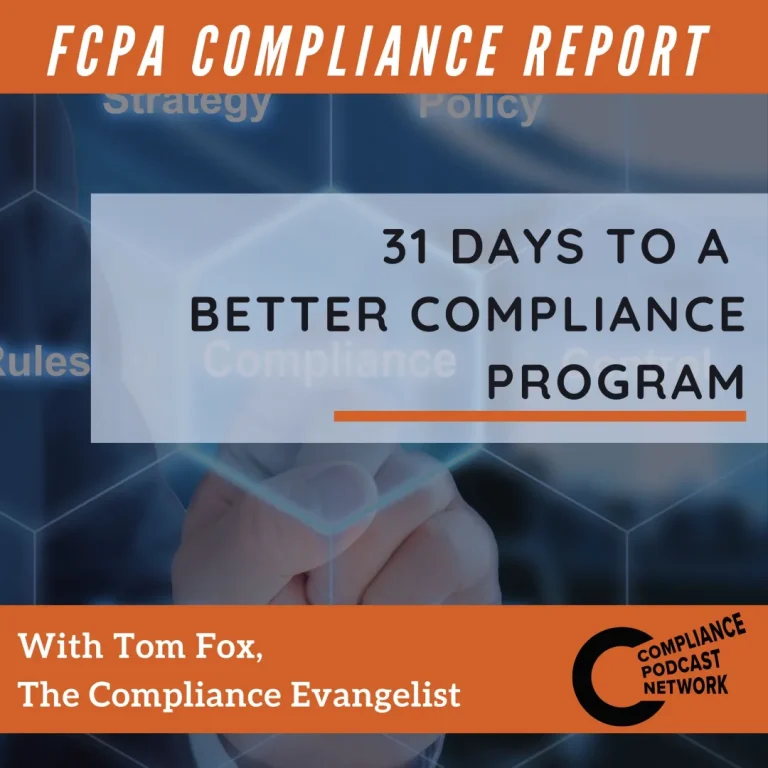In an area of inquiry entitled Oversight, the 2023 ECCP asks three basic questions which we have explored throughout this chapter:
1. What compliance expertise has been available on the Board of Directors?
2. Have the Board of Directors held executive or private sessions with the compliance function?
3. What types of information has the Board of Directors examined in their exercise of oversight in the area in which the misconduct occurred?
To facilitate the answers to these questions, consider this list of 20 questions to reflect the oversight role of directors. These are questions the Board should ask of both senior management and the Board should ask itself. The questions are not intended to be an exact checklist, but rather a way to provide insight and stimulate discussion on the topic of compliance. The questions provide directors with a basis for critically assessing the answers they get and digging deeper as necessary. Although the questions apply to most medium to large organizations, the answers will vary according to the size, complexity and sophistication of each individual organization.
Part I: Understanding the Role and Value of the Compliance Committee
1. What are the Compliance Committee’s responsibilities and what value does it bring to the Board?
2. How can the Compliance Committee help the Board enhance its relationship with management?
3. What is the role of the Compliance Committee?
Part II: Building an Effective Compliance Committee
4. What skill sets does the Compliance Committee require?
5. Who should sit on the Compliance Committee?
6. Who should chair the Compliance Committee?
Part III: Directed to the Board
7. What is the Compliance Committee’s role in building an effective compliance program within the company? How can the Compliance Committee assess potential members and senior leaders of the company’s compliance program?
8. How long should directors serve on the Compliance Committee?
9. How can the Compliance Committee assist directors in retiring from the Board?
Part IV: Enhancing the Board’s Performance Effectiveness
10. How can the Compliance Committee assist in director development?
11. How can the Compliance Committee help the Board chair sharpen the Board’s overall performance focus?
12. What is the Compliance Committee’s role in Board evaluation and feedback?
13. What should the Compliance Committee do if a director is not performing or not interacting effectively with other directors?
14. Should the Compliance Committee have a role in chair succession?
15. How can the Compliance Committee help the Board keep its mandates, policies and practices up-to-date?
Part V: Merging Roles of the Compliance Committee
16. How can the Compliance Committee enhance the Board’s relationship with institutional shareholders and other stakeholders?
17. What is the Compliance Committee role in CCO succession?
18. How can the Compliance Committee foster great technical impact for compliance function?
19. What role can the Compliance Committee play in preparing for a crisis, such as the discovery of a sign of a significant compliance violation?
20. How can the Compliance Committee help the Board in deciding CCO pay, bonus and resources made available to the corporate compliance function?
Three key takeaways:
1. The DOJ Evaluation requires active Board of Director engagement around compliance.
2. Board communication on compliance is a two-way street; both inbound and outbound.
3. Has the Board built an effective Compliance Committee for itself?






